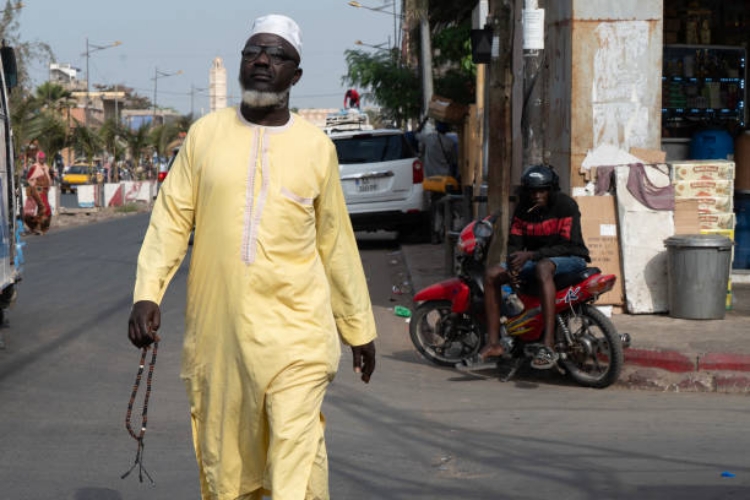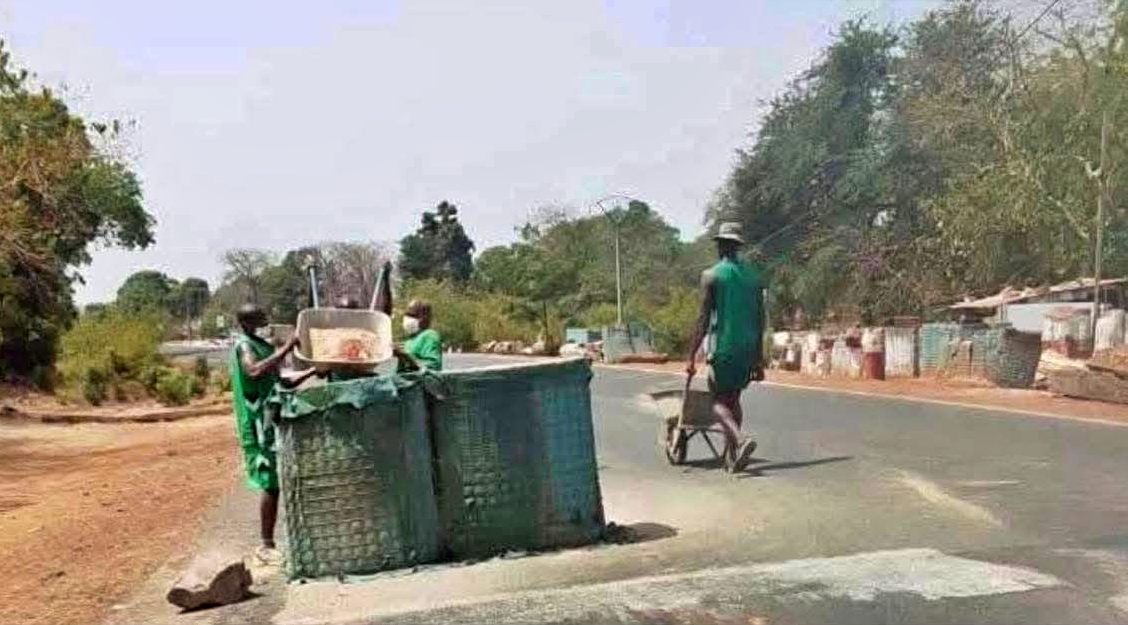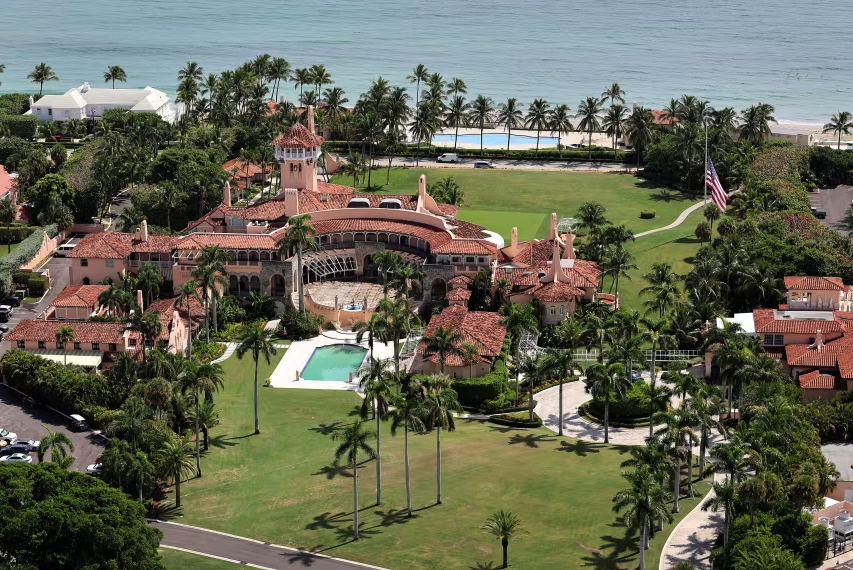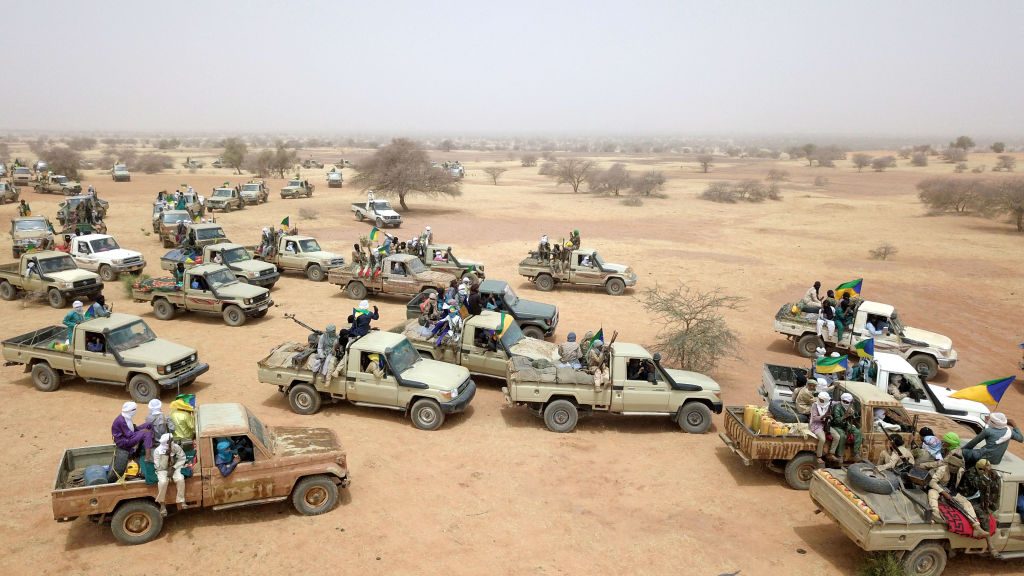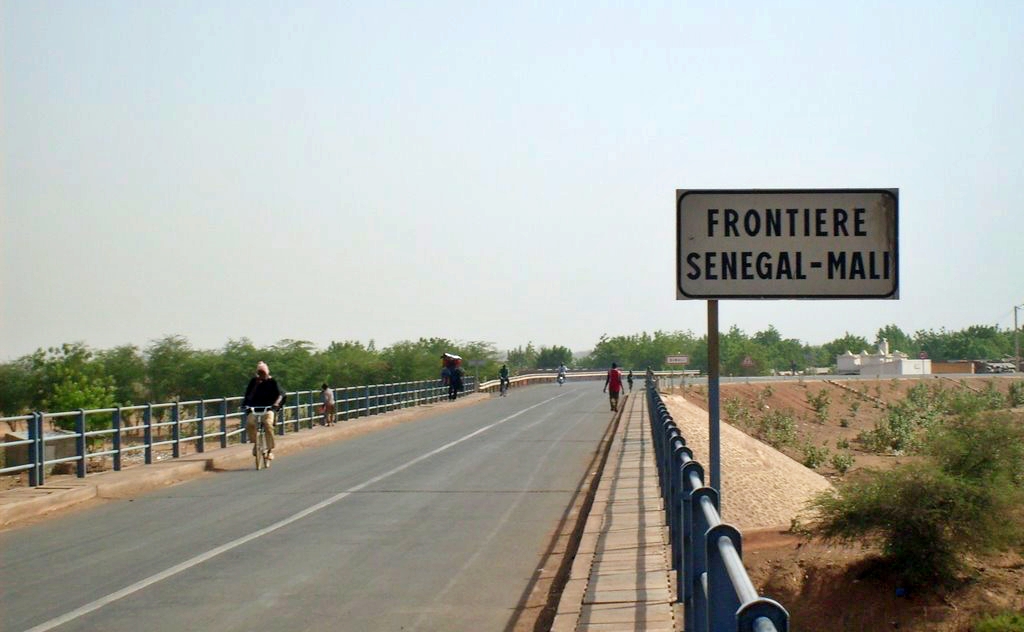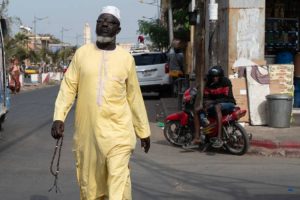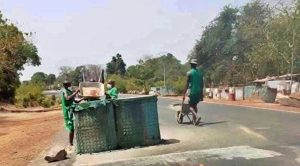Gambiaj.com – (KIDIRA, Senegal) – In Kidira, a Senegalese border town along the Dakar–Bamako corridor, fear has become part of daily life. For months, communities in the wider Tambacounda region have watched with alarm as jihadist attacks from neighboring Mali edge closer to their homes. The anxiety is deepening, but even more prominent is a growing feeling among residents that they have been left to face the danger alone.
The recent attack near Kayes in early September has left a lingering shock. Birane Ndiaye, a Senegalese truck driver, recalls narrowly escaping death.
“A bullet went through my door and landed just next to my knee. Others smashed the windshield,” he told Jeune Afrique. He and others were held overnight in the bush and later released, robbed but alive. For many in Kidira, the incident confirmed what they had long feared: the violence is no longer distant.
Kidira is a strategic hub for trade between Senegal and Mali, and its roads and checkpoints are now watched around the clock. At the Falémé bridge, which marks the border crossing, Senegalese armored units maintain constant surveillance.
Since 2022, the government has reinforced the frontier with new military bases, mobile brigades, and drone surveillance.
Yet these visible deployments have not eased local frustration.
“We have been living with these difficulties for a long time, but nobody pays attention to us,” said Modou Kayer, a regional transport union coordinator. “The jihadists were in Gao and Kidal; now they are at our doorstep!” The Malian locality of Diboli, recently attacked, lies only a few kilometers away. For residents, it is no longer a distant conflict. It is a threat in their immediate landscape.
While the state focuses on border defense and intelligence coordination, many communities have taken matters into their own hands.
Vigilance committees have formed in Goudiry, Bakel, and Kidira to support security forces and monitor movement. These local initiatives aim to bridge the gap between state presence and everyday vulnerability, often with the help of international partners.
But these self-organized efforts face severe obstacles: chronic unemployment and widespread poverty in the region leave many young people vulnerable to recruitment or manipulation. “People feel they are fighting two battles at once,” said one community leader. “Against insecurity and against the despair that insecurity creates.”
On the diplomatic front, Dakar is pushing for stronger cooperation with Bamako and the Alliance of Sahel States. Mixed patrols have been proposed but remain largely theoretical. “We have good intelligence cooperation,” a local official noted, “but Mali has other priorities. Patrolling the border is not always one of them.”
For Kidira’s residents, the advancing threat and slow pace of coordinated response are eroding trust. Many say they are proud of Senegal’s stability but fear that stability may not be enough.
The feeling in Kidira is clear: they are on the front line, but they do not feel defended.



